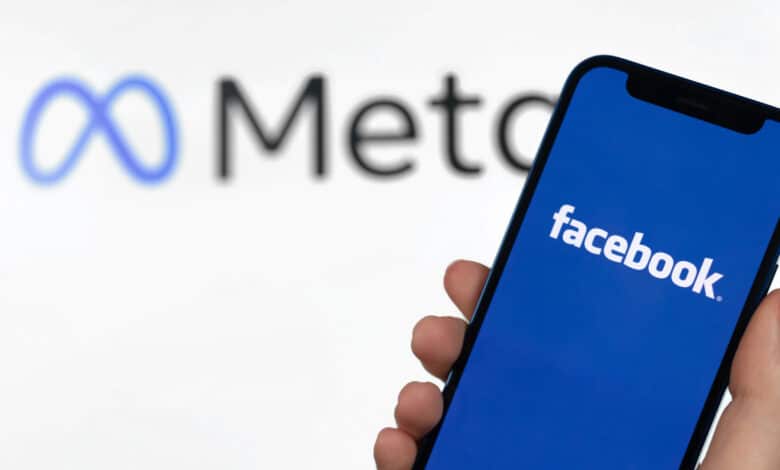
Many Americans use Facebook as their number one news source. A new media law in the U.S. is intended to make it much more difficult for meta content to be used. Now the tech company is threatening a far-reaching boycott.
Protecting regional media
Things are looking worse and worse for local newspapers, and not just in Germany. In the U.S., too, many daily newspapers must fear for their existence. This does not mean well-known papers such as the New York Times, which for their part are already relying on a broad Internet presence. Rather, it is the local press that is having a hard time. In order to secure their existence, the Journalism Competition and Preservation Act is to be introduced in the USA. This law is intended to combat the main problem causing the extinction of regional media. If it comes into force, large media companies on the Internet will only be allowed to use newspaper content if an agreement has been reached beforehand. Of course, Facebook is also affected by this. The subsidiary of the tech company Meta is of course anything but pleased about this.
Meta vs. newspaper publishers
The views on the new law could hardly be more different. Newspaper publishers are convinced of its necessity, according to a report from Reuters. Here, those in charge fear that there could be a mass death of small publishing houses if politicians do not act soon. Meta, meanwhile, has shown itself to be intransigent and sees no need for new regulations. After all, publishers already benefit financially when content appears on Facebook, for example. After all, a publication attracts attention and increases the number of hits on the websites. The anger is expressed in a threatened boycott. Meta warns that it will not allow any news links in the future if the law actually comes into force.
- Also interesting: Australia: Google temporarily suspends certain publishers
Politics sees itself on the side of the press
The coexistence between social networks and news portals or newspapers has preoccupied politicians and the judiciary for many months. In the US, the opinion of Congress seems to be clear. Thus, in the future, the deputies want a publication of news on platforms of Meta only if there is a corresponding license. Since the reading behavior of many users has changed over time, one can certainly understand the concern. After all, only very few people click on the links that appear in the social networks. Rather, it is sufficient for many to read a summary three-liner next to the headline. Incidentally, the money earned from the licensing agreement is not to go to the publishers themselves. The draft law states that the revenue will go to the journalists themselves, who are responsible for the content.
Is Meta securing a good negotiating position?
The issue is by no means new for Meta. After all, the tech company had to deal with very similar problems in Australia. In the course of this, Facebook already threatened with a message blackout back then. But the boycott in Australia backfired. In the end, the social network blocked more pages than it would have liked. In the end, not only was the news division down, but so was its own PR department. More realistically, Meta’s threat in the U.S. will bring both parties to the negotiating table. In Australia, it didn’t look any different. This resulted in Facebook Down Under now having licensing agreements with nearly 30 local news portals. We are curious to see what the solution will look like in the USA.




No replies yet
Neue Antworten laden...
Gehört zum Inventar
Beteilige dich an der Diskussion in der Basic Tutorials Community →